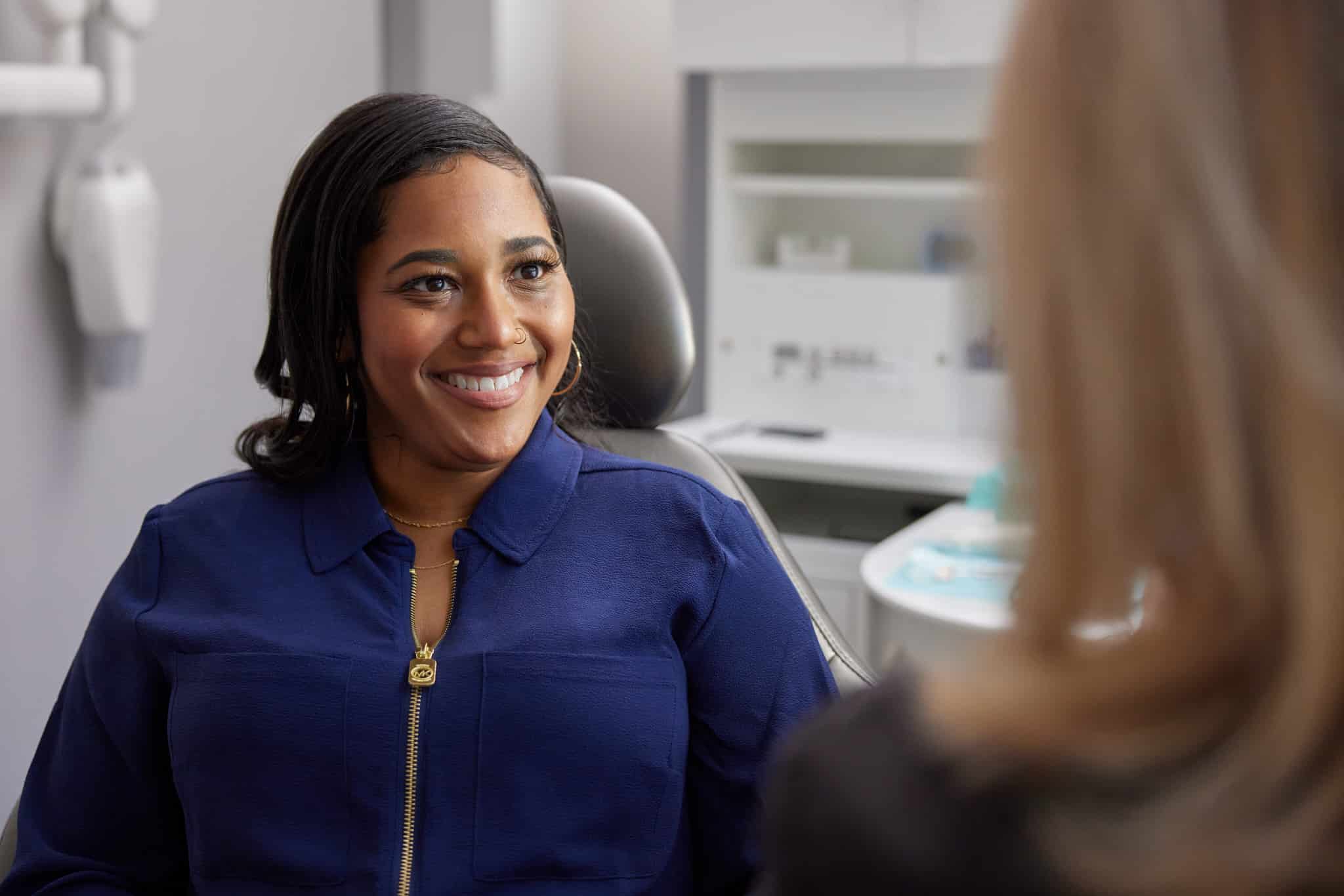
DSOs rise in prominence, but principals beware
Lightwave provides world-class business services so dental leaders and dental teams can realize their personal, professional, and financial goals
Years ago when I started in the dental industry nearly every dentist I talked to would begrudgingly admit that the future of dentistry was in groups. They could just feel it; but it didn’t feel good. Every dentist has a handful of horror stories they have heard about what happens to an office when corporate dentistry gets its greedy hands on it. The doctors just become employees. Office team members get fired. Those who keep their jobs work for lower wages.

Lab work gets shipped overseas. Supplies must be ordered from a tight formulary with few good options. It becomes all about the numbers. The soul of the practice is extinguished, and with it the essence of private practice. How could corporate dentistry stand a chance? Dental clinics are not Taco Bells.
Well, there is a real need for groups. An historic wave of dentists are approaching retirement age and the traditional succession mechanism of selling to a young associate is broken because dental schools now send students out with more debt and fewer skills. Insurance companies relentlessly pick on small dental offices.
The management burden of running a practice gets harder and harder. Associates want a path to partnership, but having equity means something different today than it did when Baby Boomers hung their shingles (signs saying dental or medical practice) decades ago. Groups can solve these problems, and more and more people have set out to do so. There is a real value proposition here, around which you can build a business.
Private equity investors like the characteristics of the dental industry. It’s huge but fragmented. It’s recession-resistant but undermanaged. The industry has far less exposure to government payor risk than other medical fields. Specialty work can be done by general practitioners who seek training.
Hygiene departments generate a recurring revenue stream of sorts. Companies that develop themselves as true platforms can command valuations that far exceed the valuation any individual office would command. So private equity is piling their billions in.
But there is another reason groups are popping up everywhere and it’s a bit embarrassing to point out for those of us who care deeply about the industry. The reason is to get rich. That’s it. Money. I see promotional material from groups all the time explaining that getting big fast is a sure path to riches.
It’s all about people
There is a faulty assumption in this line of thinking. Being big does not equate to being great. Since DSOs have operated in the USA for decades, the universe of buyers and investors has educated themselves on what makes a dental group truly special versus just another house of cards, hastily assembled to get rich quick.
Here is a sneak peek at the kinds of questions investors ask to understand if they are looking at a strong platform. Of first importance is what investors call “same-store-sales” growth. It simply indicates whether the offices grow consistently year after year. A close second is doctor retention. Do doctors stay for a long time or vote with their feet and leave the organization?
What are the patient satisfaction metrics? How about office team retention and engagement scores? Does the business have a proven partnership program for associates that not only develops their clinical skills and leadership abilities but also provides a path to economic ownership, as well? Does the business have marketing capability that drives net patient growth?
Does the business have success improving revenue cycle management functions like insurance negotiations and collections percentage? Is there a professional accounting and finance function? Does the recruiting team hire great providers? Is there true management infrastructure, with well-qualified executives and functional experts? If you are a dentist being asked to make an investment in a DSO as a part of your deal, these are good questions for you to ask, too.
Notice that investors are not too concerned with how big did you get? How fast did you get big? How many states are you in? Those are not barometers of a great business. In fact, they may reveal just the opposite.
Not to get too philosophical, and reasonable people can disagree on this, but I think that businesses primarily exist to serve people. Business is really just people working with people to do stuff for people. It’s all about people! Pursuing money over people does not work in the long run, especially in dentistry.
If you do things the right way, serving people first, the money will come; but it’s not about money in the first place. I would like to humbly suggest that the reason groups should exist is to help dentists grow, lead and reach their goals. Groups should help dental leaders and dental teams realize personal, professional and (yes) financial goals that they could not achieve on their own.
They should develop their doctors into stellar leaders equipped with a management toolkit to help their practice or practices experience multi-dimensional success as they deliver exceptional care to patients.
Lightwave Dental
Lightwave Dental is a differentiated Dental Leadership Organization (DLO) founded to help entrepreneurial dentists launch successful careers, lead regional groups, and leave lasting legacies with their patients, their people, and their profession. Clinicians in our group – average $3 million per office – achieve more growth with us than they could on their own. We take a customised, collaborative approach to growing each practice, always protecting clinical autonomy and respecting a principal’s choice of labs and supplies.
For more information, visit https://lightwavecorpo.wpengine.com/